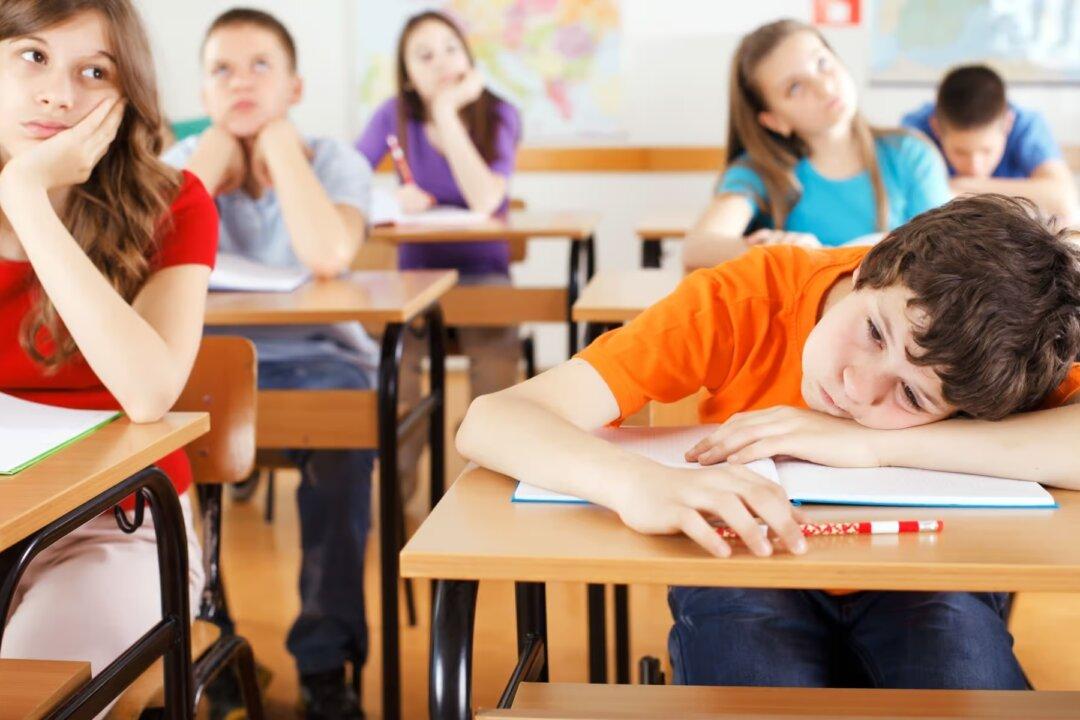Commentary
We moved to a good school district. The area was growing. Built for families like ours, all of the public schools in the area received “A” or “8/10” ratings. There were two very expensive and very fancy private schools in the area. It was an idyllic place to raise children.

